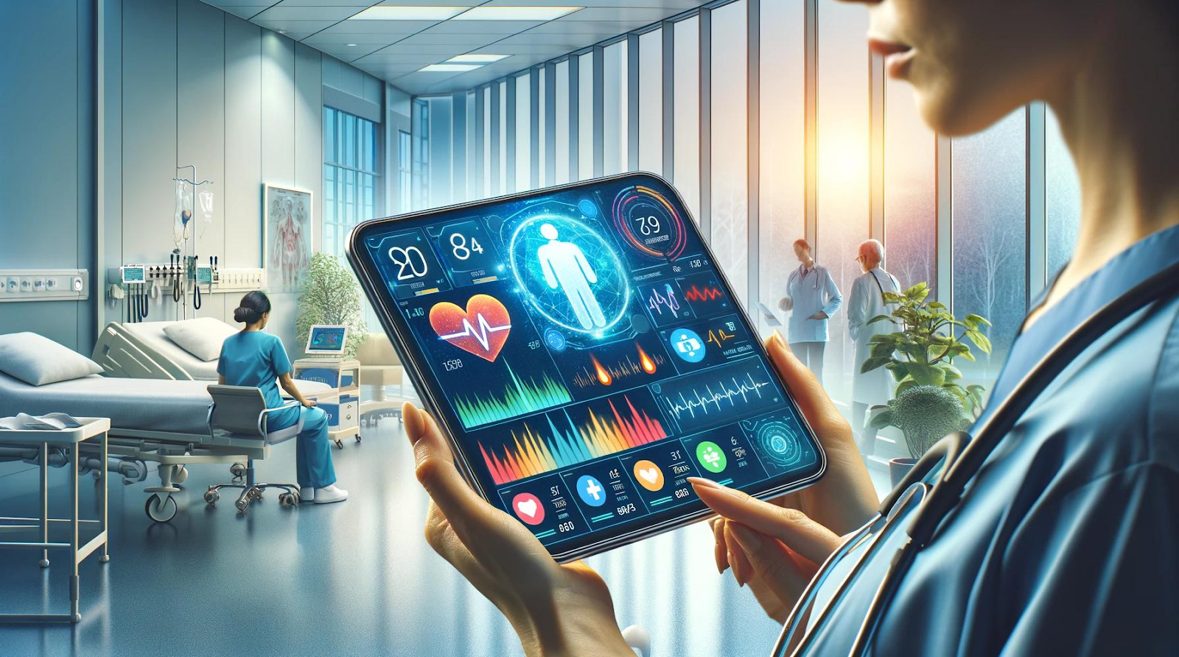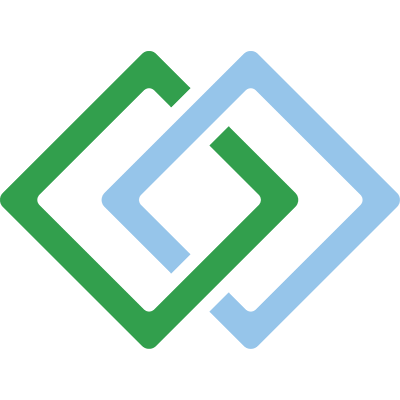
@ShahidNShah


Did you know that remote patient monitoring (RPM) can reduce hospital readmission rates by up to 38%?
That is how powerful artificial intelligence (AI) is for modern healthcare. Artificial intelligence has undoubtedly transformed healthcare by providing more accurate and efficient diagnoses.
AI technologies help healthcare professionals in various tasks in the medical field. Today, AI and RPM work hand in hand to offer personalised care to each patient, no matter where they are.
Let’s explore how remote patient monitoring and AI are making healthcare smarter and more personal.
Remote patient monitoring (RPM) means tracking a patient’s health from a distance.
Doctors use smart devices such as:
These tools collect and send data to your doctors using apps or cloud platforms. It is mostly used for chronic diseases, including:
With the help of Remote patient monitoring, patients don’t need to visit the clinic every time. Doctors can stay updated about the patient’s condition in real time. This makes care easier and faster.
AI can be very helpful in remote patient monitoring. AI helps healthcare professionals by making sense of the huge amount of patient data.
AI-based monitoring systems can seamlessly analyse various types of medical data. This analysis helps to identify patterns and trends that can assist in detecting illness at an early stage.
It finds patterns and then alerts the doctors or reminds patients to take medicine. For example, if your heart rate is too high or if your sugar level changes too fast.
AI tools can:
Smart tools like AI solutions by Enzo Health use RPM to help doctors make better and faster decisions for each patient.
Doctors can track your health from miles away—and smart AI tools are helping them do it better. With the help of RPM and AI systems, healthcare can be revolutionised.
This is how remote patient monitoring and AI work together:
Doctors get real-time info about your health. Once doctors get immediate updates, they can make the diagnosis easily and quickly.
AI shows trends and changes in health. This helps doctors create custom treatment plans for patients.
Patients get reminders to take medicines, exercise, or check their vitals. This helps improve the health of patients and avoid emergencies. Artificial intelligence and remote patient monitoring provide great care. The care is faster and more accurate.
Despite the numerous benefits of AI in this field, there are various concerns. These concerns are:
With better devices and smarter AI, the future of healthcare looks more connected and more personalised than ever.
Healthcare is going digital – and fast. With smarter AI tools and faster devices, healthcare can be revolutionised. From tracking vitals to offering virtual consultations, technology is changing how patients receive care.
AI solutions by Enzo Health are leading the way by helping doctors make quicker and better decisions using real-time health data.
In the future, we can expect:
In the future, AI won’t just help with physical health – it may also support mental well-being.
Today, your doctor doesn’t need to be in the same room to monitor your health. With the help of AI, your medical data can be tracked in real-time and provide the care that fits your needs.
AI can have a direct impact on remote patient monitoring. This tech combo offers personalised care that adapts to your health needs—whenever and wherever you are.

Chief Editor - Medigy & HealthcareGuys.
Clear, concise medical communication is the bridge between understanding and misunderstanding, diagnosis and delay, care and confusion. In the fast-paced world of healthcare, where time is tight, and …
Posted Jun 13, 2025 Artificial Intelligence Patient Experience Physicians
Connecting innovation decision makers to authoritative information, institutions, people and insights.
Medigy accurately delivers healthcare and technology information, news and insight from around the world.
Medigy surfaces the world's best crowdsourced health tech offerings with social interactions and peer reviews.
© 2026 Netspective Foundation, Inc. All Rights Reserved.
Built on Mar 3, 2026 at 1:11pm